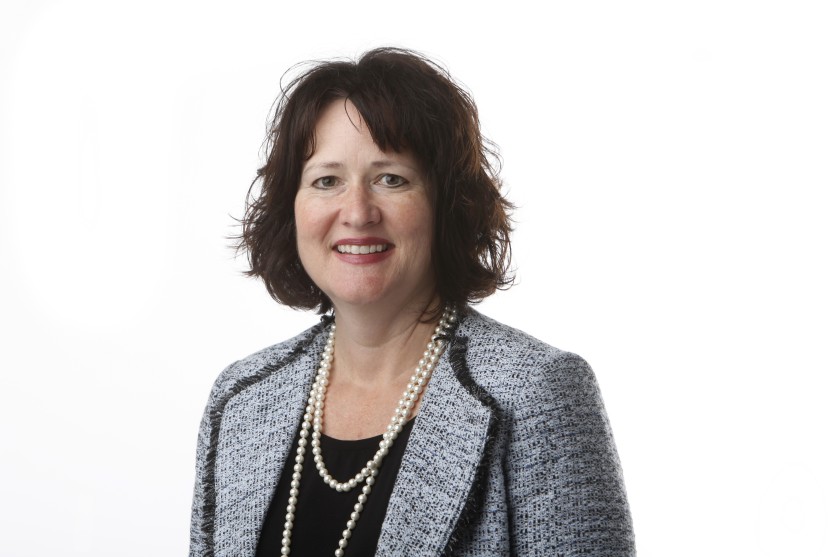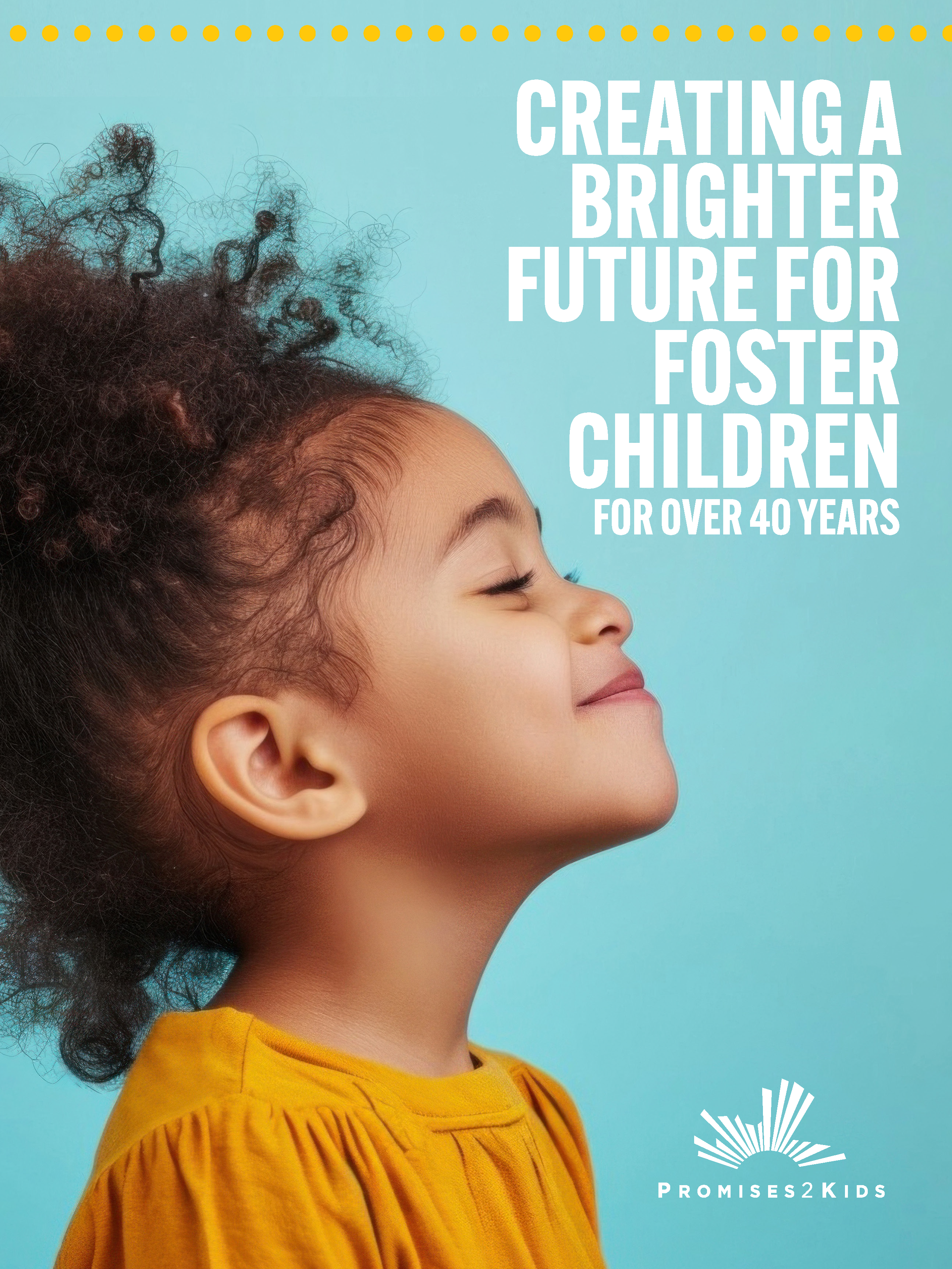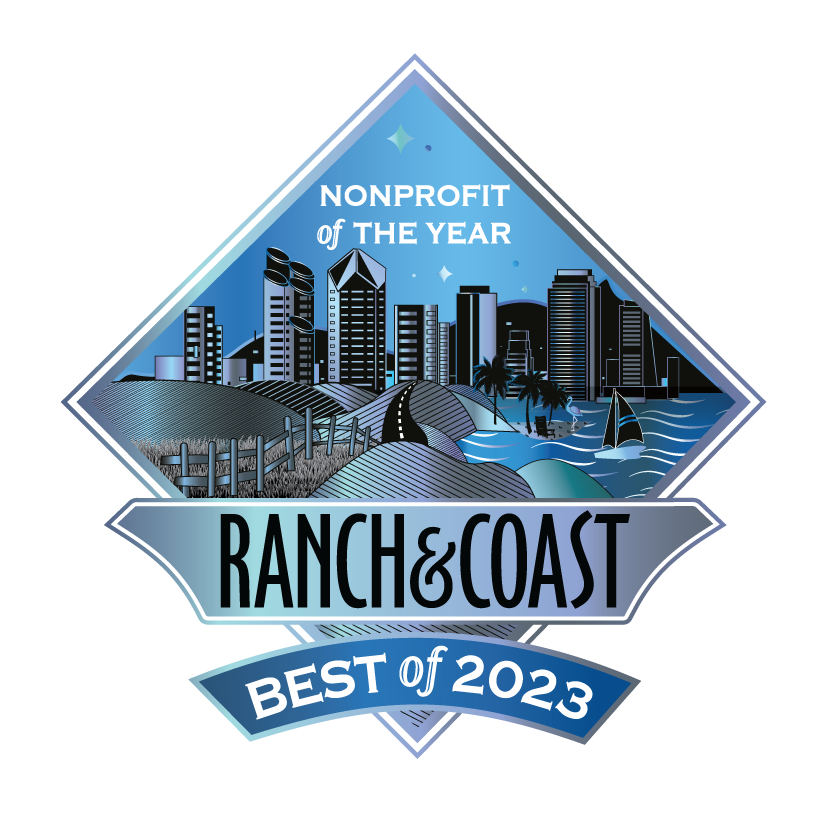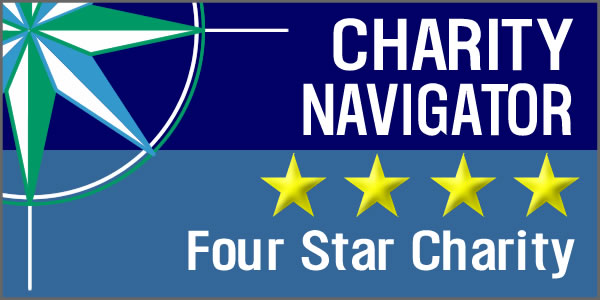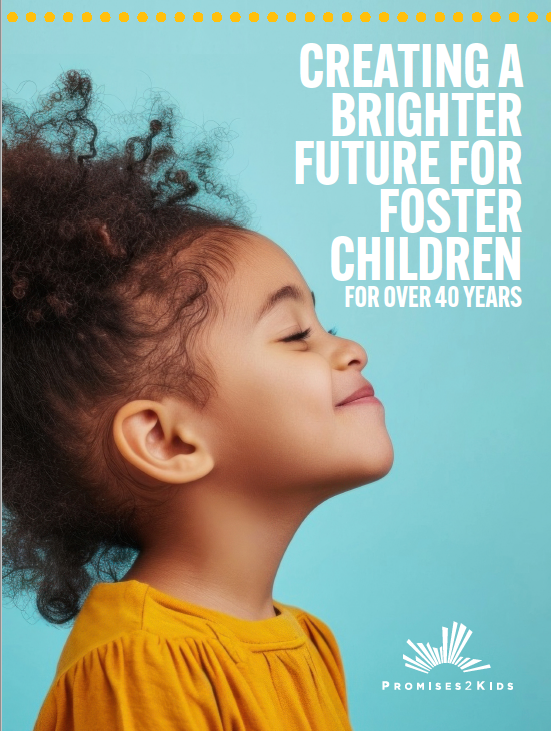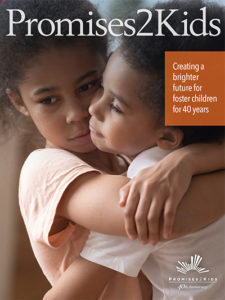The San Diego Union Tribune April 6, 2019
By Lisa Deaderick
Photo by K.C. Alfred
Tonya Torosian began working with children in foster care as a social worker in Chicago, and it was there that her passion for foster children began.
“I had never heard of foster care, and thankfully, I have a loving and supportive family, so seeing children being abused was shocking to me,” she recalled. “Even more disturbing was learning and seeing firsthand that the foster care system was equally abusive for many children. The majority of my caseload had a long history of systemic abuse and felt hopeless and unprotected.”
While that was more than 20 years ago and there have been significant improvements in supporting children who are in foster care, those kids from her first job compelled her to make a career out of supporting and helping children in the system. Over the years, she’s worked as a social worker and in the nonprofit sector to create programs and policies to improve the lives of kids in various states.
Torosian, 48, lives in the Talmadge neighborhood of San Diego with her wife, Karla, and their 2-year-old son, and is the CEO of Promises2Kids, a nonprofit that provides programs, services and funding to support current and former foster youth. She took some time to talk about the organization and her work with them, and her love for a specific decade of music.
Q: Tell us about Promises2Kids.
A: Promises2Kids was originally founded in 1981 as the Child Abuse Prevention Foundation. Our original project was to raise the $12 million to build the A.B. and Jessie Polinksy Children’s Center, San Diego County’s emergency shelter for abused and neglected children. We have since raised $7 million to help build San Pasqual Academy (a residential education program for foster teens), and now, are providing direct services and programs toward our mission to create a brighter future for foster children.
Q: How were you introduced to Promises2Kids?
A: I was working at another local foster care agency … and I was familiar with Promises2Kids’ work as they were then, and still are, a leader in the community at the forefront of the needs of children in the child welfare system. I admired the executive director and the committed donors who were affiliated with Promises2Kids and aspired to work for them for a few years prior to my coming over.
Q: Why did you want to work with them?
A: Promises2Kids is well known and highly respected for the work it does with San Diego’s foster children. What set it apart from others was the admiration I have for the founders and the passion that drives them and everyone working here; it really is all about the children. No decision is made without them being at the center of it all. We do not take the easy way out; if something needs to be improved upon for foster children, we will take it on.
What I love about Talmadge …
It is a very diverse community, and we have many fun events with our neighbors. There are food truck nights, holiday parades and a fall festival. It reminds me of my hometown of Madison, Wis.
Q: While serving as CEO, what’s your goal for the organization?
A: My goal is to be able to provide support to every foster youth in our community that wants and needs it. For example, we currently turn away half of the foster youth who apply for our Guardian Scholars program, and there are many more who have submitted an application. This is an educational support program that provides scholarships, mentoring, case management, and other support to former foster youth as they leave care and pursue vocational training, community college, or a university education. … Every child should have this opportunity for success. My vision is to serve every child as they leave foster care. We are close to this, currently serving 175 youth, but there are over 200 more youth who will age out each year. So, doubling our program would more than meet the need, would eliminate the problem of not having access to education, and ultimately be one of the first cities in the U.S. to guarantee every foster child a pathway to education. This is possible.
Q: Your website says that your organization provides tools and guidance to foster youth to help address the circumstances that led them to foster care, help overcome issues from their pasts, and become healthy and successful adults. What are some of these tools that are provided?
A: The design of our programs is to create healthy relationships that the child can rely on. That is one of the most critical tools you can have in life, the support system that you can draw upon in good times and in bad for support. We teach youth that they can trust others, we provide peer mentors that can show them that they were in their shoes, and now, they have “made it.”
Q: How are you helping them address the issues that put them in foster care and become happy and health adults?
A: Through our therapeutic programs like peer mentoring, pet therapy, and our trauma-informed treatment in our case management and mentoring. We start with services provided to children at the Polinsky Children’s Center with emergency shelter. In conjunction with the Helen Woodward Animal Center, we provide animal therapy to help the children heal from their trauma. We also work with Rady Children’s Hospital to ensure that foster children under the age of 6 receive developmental services to ensure they are on track and ready to learn. We also know that connection to family is one of the most important things in life, and our Camp Connect program provides monthly opportunities for the 49 percent of brothers and sisters who are not living together in foster care, the opportunity to spend quality time together. And lastly, through our Guardian Scholars program.
Q: How has your approach to serving children evolved over your years of working with and for them?
A: I will always believe that foster children deserve and need the same opportunities in life as I and others had growing up. However, my response to this belief has changed along with the advances and changes in the foster care system itself. For example, foster care used to just end at age 18, and youth literally were leaving care with a trash bag of their belongings, often with nowhere to go. Now, legislation changed to allow extended foster care until the age of 21. This gives the youth more time to prepare for the transition to adulthood.
We have adjusted the way we provide services to the youth who are now adults, but still in need of support. Mentoring relationships change, staff interactions shift, and we need to empower the young adult to be in charge of their lives, but able to ask for and receive support.
Times change and what seemed more important earlier on was advising and steering foster youth to college as the best and only option for success. Now, I feel we understand that college is not the only option for a strong career. We know that there are so many options: vocational training, certificate programs, community college and attending a university. Each one matches specific career goals and interests, and I think a shift in what we emphasize to youth should change.
Q: What is the best advice you’ve ever received?
A: When trying to solve a problem, a “no” is simply a “not now.” You should not give up, just consider other options, adjust as needed, and realize that timing may be the problem. Be patient, real change takes time.
Q: What is one thing people would be surprised to find out about you?
A: I love ‘90s hip-hop and rap. When I have a grant or other important things to write, I turn it on and knock it out!
Q: Describe your ideal San Diego weekend.
A: At the beach all day with my family! Then, we get a babysitter and head out to a great dinner at a new restaurant with friends. I am a foodie.
